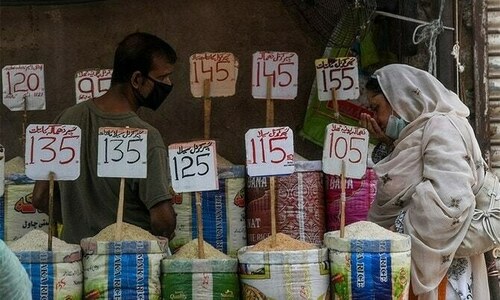Pakistan is no stranger to crises, In fact, any reading of Pakistan’s history will inform the reader that right from 1947, it was the ‘refugee crisis’ that came into the picture immediately following Partition and Independence. As many as 14 million people crossed the West Pakistan/India border, with Pakistan having to deal with this development having non-existent infrastructure. There was concern and fear by leaders in both independent countries, that Pakistan would ‘not survive’, and that it might even ‘return to the fold’. But despite an extraordinary and tumultuous first few years, Pakistan has continued to survive and exist. Since 1947, Pakistan has gone through scores of crises and near collapses, ranging from multiple political and constitutional crises, and also those around terrorism.
Apart from a few good years, Pakistan’s economy has been in a state of a perpetual crisis, dependent on the largesse and beneficence of donors, international financial institutions and charity from so-called ‘friendly countries’. It has become a cliché that Pakistan is always in crisis, and it is the supposed ‘resilience’ (a derogatory and condescending term) which the people of Pakistan have, which sees them and the country through. However, a little after a month into the new new year, there have been multiple crises, all at the same time. To begin with, Pakistan, yet again, is facing an economic crisis, albeit one which is quite unprecedented when compared to the past. Just a few days ago, the Financial Times, in a particularly hard-hitting editorial, suggested that Pakistan ‘is on the brink’ of default and financial catastrophe, with a Sri Lankan-type situation staring it in the face. This at a time when a delegation from the International Monetary Fund (IMF) is in Islamabad to hammer out an agreement with the battered Government of Pakistan led by Prime Minister Shehbaz Sharif. Mr. Sharif himself has said, over the last few days, that the conditions being imposed by the IMF to release a mere $1.1 billion were severely harsh and ‘beyond imagination’.

